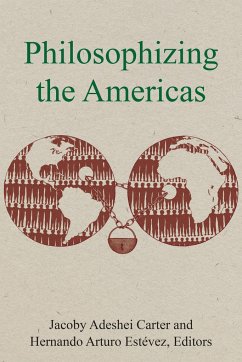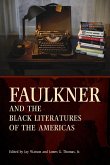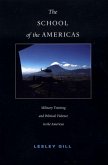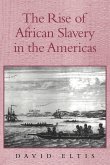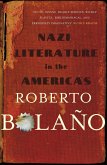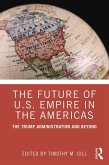"This book brings the field up to date: the authors do not rehash older work and older interpretations of central texts, but engage the most current debates, around gender and sexuality, connecting Africana and African American thought to Latin American thought, creolizing the canon, the question of racial realism, and the political philosophical issues raised by indigenous resistance."--Linda Martín Alcoff, Hunter College Philosophizing the Americas establishes the field of inter-American philosophy. Bringing together contributors who work in Africana Philosophy, Afro-Caribbean philosophy, Latin American philosophy, Afro-Latin philosophy, decolonial theory, and African American philosophy, the volume examines the full range of traditions that have, separately and in conversation with each other, worked through how philosophy in both establishes itself in the Americas and engages with the world from which it emerges. The book traces a range of questions, from the history of philosophy in the Americas to philosophical questions of race, feminism, racial eliminativism, creolization, epistemology, coloniality, aesthetics, and literature. The essays place an impressive range of philosophical traditions and figures into dialogue with one another: some familiar, such as José Martí, Sylvia Wynter, Martin R. Delany, José Vasconcelos, Alain Locke, as well as such less familiar thinkers as Arturo Alfonso Schomburg, Hilda Hilst, and George Lamming. In each chapter, the contributors find fascinating and productive matrices of tension or convergence in works throughout the Americas. The result is an original and important contribution to knowledge that introduces readers from various disciplines to unfamiliar yet compelling ideas and considers familiar texts from novel and prescient perspectives. Philosophizing the Americas stands alone as a representation of current scholarly debates in the field of inter-American philosophy. Jacoby Adeshei Carter is Associate Professor and Chair of Philosophy at Howard University. Hernando A. Estévez is Professor and Chair of Philosophy at the Universidad de La Salle in Bogotá. Contributors: Stephanie Rivera Berruz, Jacoby Adeshei Carter, Nadia Celis, Tommy J. Curry, Hernando A. Estévez, Daniel Fryer, James B. Haile III, Chike Jeffers, Lee A. McBride III, Michael Monahan, Adriana Novoa, Susana Nuccetelli, Andrea J. Pitts, Dwayne A. Tunstall, and Alejandro A. Vallega
Hinweis: Dieser Artikel kann nur an eine deutsche Lieferadresse ausgeliefert werden.
Hinweis: Dieser Artikel kann nur an eine deutsche Lieferadresse ausgeliefert werden.

